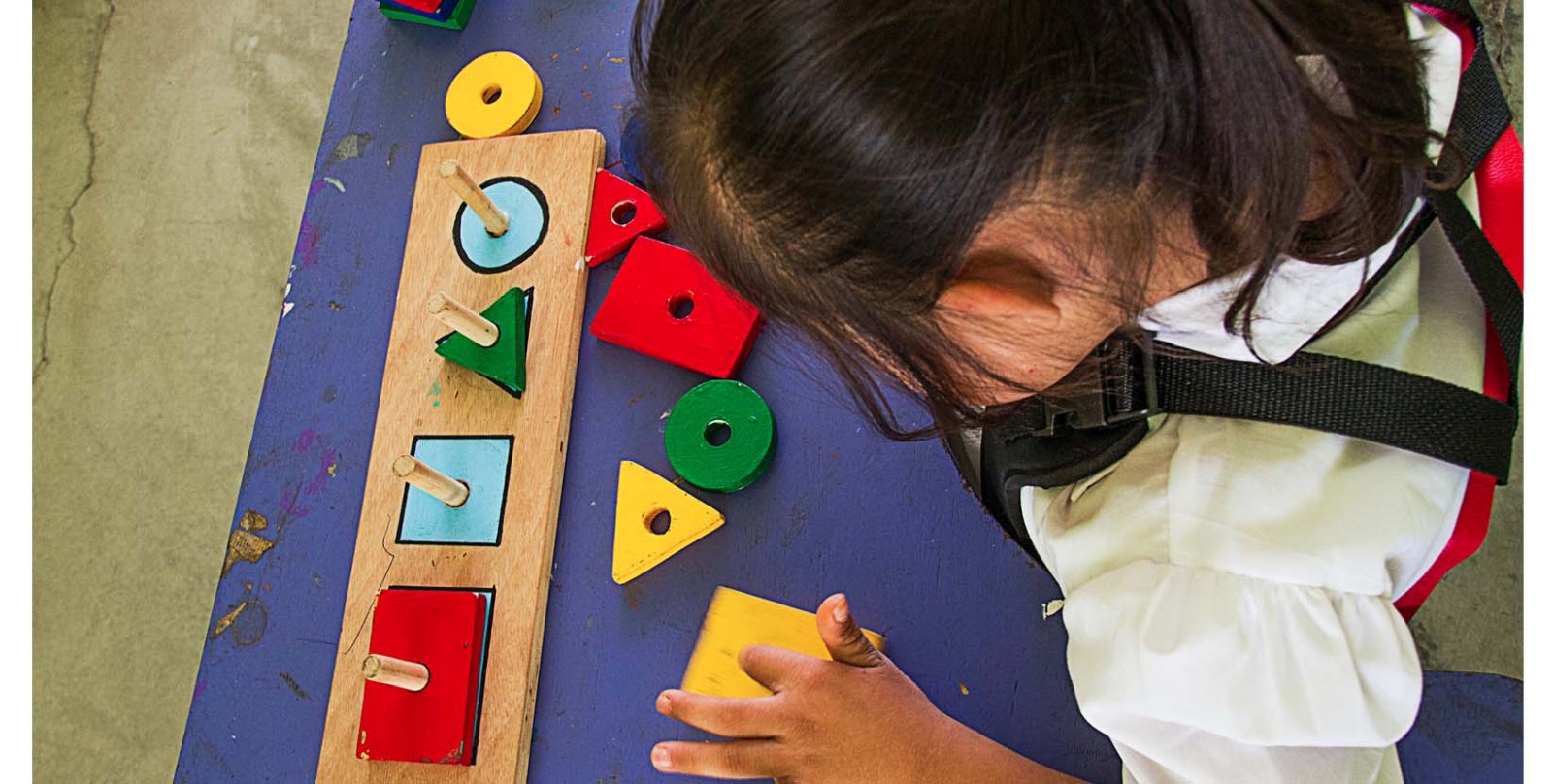
With Playstation and other video game systems becoming increasingly more popular and prevalent, even in rural Costa Rica, and with the games becoming more graphic, bloody and violent, the vital question for parents is how much the games children play really affect their sense of compassion.
For more than a decade, we have heard warnings of possible effects of violent games. As early as the year 2000, during a Congressional Health Summit in the United States, the public was cautioned about violence in the media and the negative impact, especially on children and adolescents.
The multiple studies quoted during this summit reported that when children are exposed to violence on TV, in movies, music or video games, aggressive feelings and tendencies increase. When children and adolescents play violent video games versus interactive video games without violence, evidence suggests these games have a direct influence on their behavior. And according to the New York Times, psychologists at Brock University in Ontario, Canada found that when high school aged students play violent video games for extended periods they are more likely to get into conflicts with their peers.
Although it might not be realistic to eliminate video games from your child’s life entirely, it is important to take control as a parent and help lessen the negative effects. Research has shown that one of the major concerns is that parents do not monitor the amount of time children and teens are allowed to play video games and most parents are not aware of the content or level of violence that exists in the chosen games. Given these findings, it is critical for parents or guardians to set strict time limits and to be aware of video game content.
As all children are impressionable, especially at a young age, parents are urged to make the important decision around what types of media their children are allowed to be exposed to, and at the very least, try to teach children the opposite of violence and aggression.
If your teen or school aged son or daughter expresses having aggressive thoughts or if their behavior becomes increasingly or overtly aggressive, direct the child away from all forms of violent media and inspire them to choose books, games and activities that do not contain violence. If the violent behavior or thoughts continue or are severe, it is important to reach out for support and therapeutic intervention.
Ways to Reduce the Negative Impact of Violent Video Games
- Impose a strict daily time limit on how often your child is permitted to engage in playing video games.
- Initiate a conversation with your children about the specific games they are playing as well as movies, internet content and TV. Ask questions about how these different forms of media make them feel and discuss the possible consequences of how violence affects all individuals regardless of age. This is a way to build closeness with your child and to express a genuine interest in their activities and lives.
- Keep all media (TV, video games, internet and movies) out of your child’s bedroom.
- Encourage violence-free media in the house and outside of the house.
- Guide children to partake in activities that build social connections and that are active as opposed to sedentary activities such as video games, TV, movies, etc. Set a good example and be active and social with them.







Comments